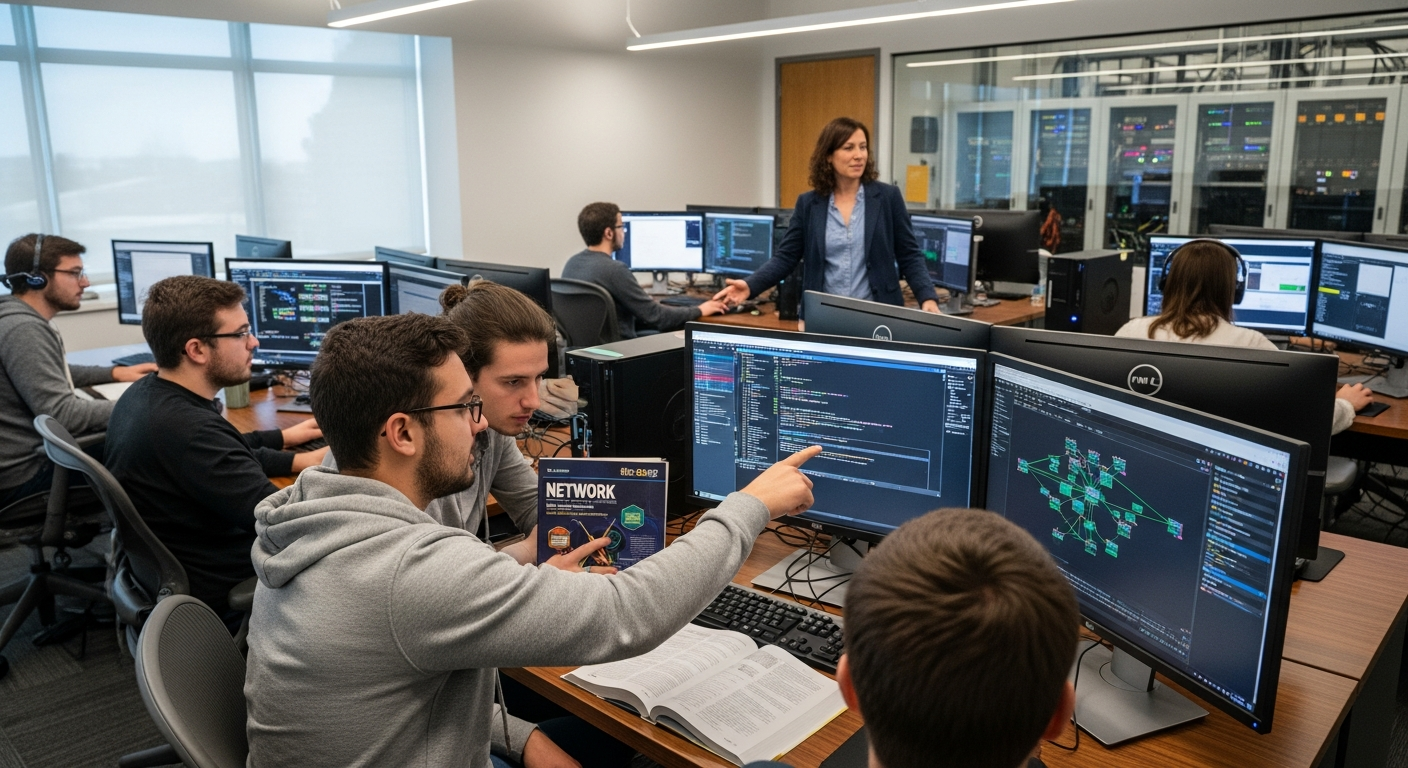How an HR Degree Works
A Human Resources degree provides comprehensive training in managing people, workplace policies, and organizational development. This academic program combines business principles with psychology, law, and communication skills to prepare graduates for diverse roles in talent management, employee relations, and strategic planning within organizations of all sizes.

Human Resources education has evolved significantly over the past decades, transforming from basic personnel management to strategic business partnership. An HR degree equips students with essential skills to navigate complex workplace dynamics, legal compliance requirements, and organizational challenges that modern businesses face daily.
HR Degree Explained: Core Components and Structure
An HR degree typically encompasses multiple disciplines that form the foundation of effective people management. Students study organizational behavior, employment law, compensation and benefits design, recruitment strategies, and performance management systems. The curriculum often includes practical components such as case studies, internships, and project-based learning that simulate real workplace scenarios.
Most programs require coursework in statistics and data analysis, reflecting the growing importance of HR analytics in decision-making. Students also explore diversity and inclusion principles, conflict resolution techniques, and change management strategies that are crucial for modern HR professionals.
How an HR Degree Works in Practice
The educational structure combines theoretical knowledge with practical application through various learning methods. Classroom instruction covers fundamental concepts, while hands-on experiences through internships, group projects, and simulations help students understand how HR principles apply in different organizational contexts.
Many programs offer specialization tracks such as talent acquisition, training and development, or labor relations. These concentrations allow students to focus on specific areas of interest while maintaining a broad understanding of HR functions. The degree typically requires 120-130 credit hours for completion, including general education requirements, core business courses, and HR-specific subjects.
Exploring the HR Degree: Career Pathways and Opportunities
Graduates with HR degrees can pursue various career paths across industries and organizational sizes. Entry-level positions often include HR assistant, recruiter, or training coordinator roles. With experience, professionals can advance to HR generalist, specialist positions in compensation or benefits, or management roles such as HR director or chief people officer.
The degree also provides foundation for specialized certifications like Professional in Human Resources (PHR) or Society for Human Resource Management Certified Professional (SHRM-CP). These credentials enhance career prospects and demonstrate commitment to professional development in the field.
| Program Type | Duration | Cost Estimation | Key Features |
|---|---|---|---|
| Bachelor’s Degree | 4 years | Rp 300,000,000-Rp 900,000,000 | Comprehensive foundation, internship opportunities |
| Master’s Degree | 1.5-2 years | Rp 375,000,000-Rp 1,200,000,000 | Advanced specialization, leadership focus |
| Online Programs | 2-4 years | Rp 225,000,000-Rp 675,000,000 | Flexible scheduling, working professional friendly |
| Certificate Programs | 6-12 months | Rp 45,000,000-Rp 225,000,000 | Focused skills, career transition support |
Prices, rates, or cost estimates mentioned in this article are based on the latest available information but may change over time. Independent research is advised before making financial decisions.
Skills Development and Learning Outcomes
HR degree programs emphasize both technical and soft skills development. Students learn to use HR information systems, conduct job analyses, design training programs, and interpret employment legislation. Communication skills receive particular attention, as HR professionals must effectively interact with employees at all organizational levels.
Critical thinking and problem-solving abilities are developed through case study analysis and group projects that mirror real workplace challenges. Students also gain experience in presentation skills, report writing, and data interpretation that are essential for HR roles.
Industry Connections and Practical Experience
Most reputable HR degree programs maintain strong relationships with local businesses, government agencies, and non-profit organizations. These partnerships provide internship opportunities, guest speaker sessions, and networking events that connect students with industry professionals.
Practical experience components often include simulated HR scenarios, role-playing exercises, and real-world consulting projects with local organizations. These experiences help students understand the complexity of HR work and build professional networks before graduation.
The combination of academic learning and practical application ensures graduates are well-prepared for the dynamic nature of human resources work. They develop understanding of how HR functions contribute to organizational success while maintaining focus on employee welfare and legal compliance requirements that are fundamental to effective people management.




